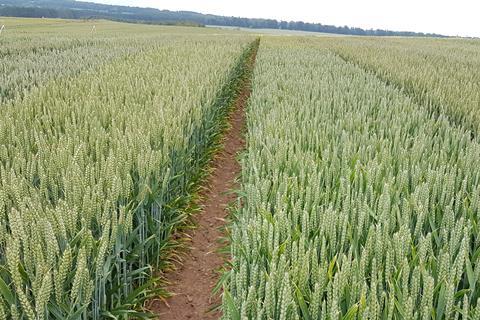
New research that could help develop wheat with natural resistance to a devastating fungal disease has begun at Heriot-Watt University in Edinburgh.
Wheat faces a growing threat from a common fungal disease called septoria tritici blotch, which attacks and kills the plant. The disease – also known as septoria leaf blotch, septoria or the acronym STB – is very difficult to control and destroys up to 20% of wheat crops a year in the UK, including breadmaking varieties.
“Countries in Northern Europe are vulnerable to septoria because of the weather,” explained Dr Angela Feechan, a plant pathologist at Heriot-Watt’s Institute for Life and Earth Sciences.
“We have more rain and the fungus is a big fan of rainy, humid conditions. We can’t completely control it with fungicides, so we need to think of different ways,” she said, adding that one such way was through genetics.
Dr Feechan and her colleagues are examining specific genes in different wheat varieties and how these interact with the fungus that causes septoria, called Zymoseptoria tritici (Z. tritici). This fungus attacks the plant through spores, destroying its ability to absorb sunlight through photosynthesis and turning leaves yellow and speckled.
“We think there are very small differences in the genes of different wheat varieties that determine whether or not they are resistant to this disease,” Dr Feechan said. “If we can find the difference in these genes that give us resistance, they could be used to breed resistant wheat varieties in the field.”
Dr Feechan aslo noted that the development of the natural resistance of wheat through its existing genetic diversity is distinct from genetic modification, which involves altering a plant’s genetic makeup.
The research team at Heriot-Watt will be working with a collection of 300 wheat varieties as part of a collaboration with France’s National Research Institute for Agriculture, Food and Environment (INRAE).
Research is funded through a postdoctoral fellowship from UK Research and Innovation, the national funding agency for investing in science and research. This has led to plant biology specialist Dr Debabrata Dutta joining Heriot-Watt University to work on the research.
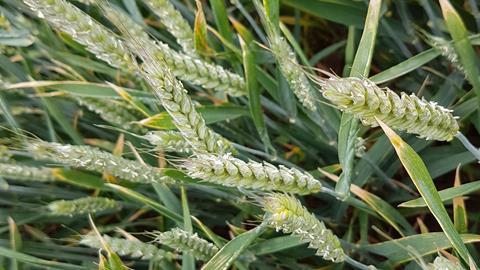
The UK produced 14 million tonnes of wheat last year. In Scotland, over 980k tonnes of wheat was harvested, accounting for about a third of the nation’s total cereal production in 2023. Heavier storm rainfall over the 2023 autumn and winter seasons has the upcoming UK wheat harvest expected to be one of the worst on record, around 18% down from 2023 levels. Thus, bakers are to be dependent on breadmaking wheat imports to meet demand this year.
Boosting crop yields is a core focus of global efforts to tackle food insecurity – according to the United Nation’s World Food Programme, more than 300 million people in 71 countries are struggling to access enough affordable, nutritious food this year.



















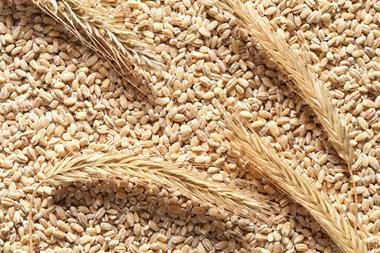
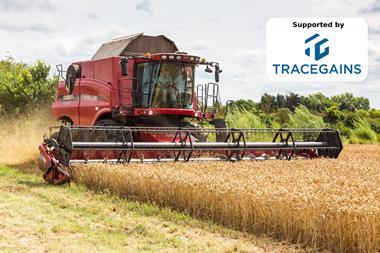

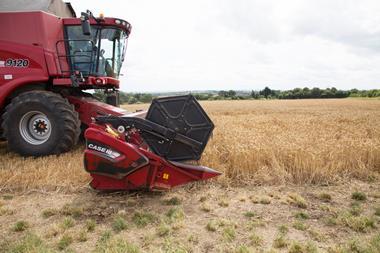
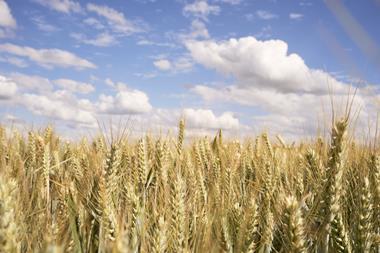

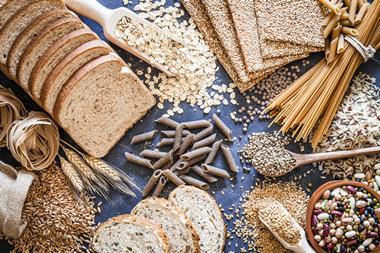






No comments yet